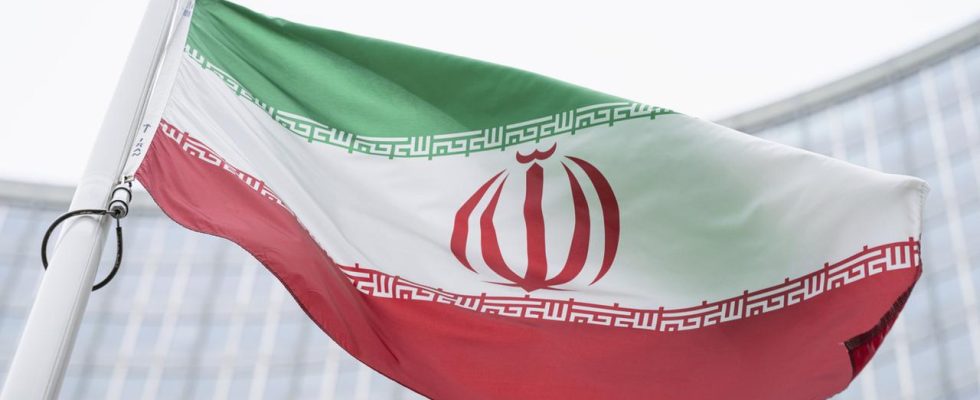Iranian prisons have been the scene of mass killings, says Amnesty International – especially since the nationwide protests of 2022. A new report says 853 people were executed last year.
The human rights organization Amnesty International has documented the execution of 853 people in Iran in 2023 alone. That is 48 percent more than in 2022, according to a report that has now been published.
From the organization’s perspective, the increase shows that after the mass protests of the “Woman Life Freedom” movement in 2022, the Iranian authorities increasingly used the death penalty to “instill fear and terror in the population and consolidate their power.”
The death penalty is particularly common in connection with drug crimes
According to the information, more than half of all executions were carried out in connection with drug-related offenses. That is an increase of 89 percent compared to 2022 and 264 percent compared to 2021. Since the beginning of 2024 (until March 20), 95 people have already been executed. However, Amnesty assumes that the actual figures in the respective years are even higher.
The organization described the use of the death penalty in mass drug offenses and after grossly unfair procedures as a particularly blatant abuse of power. According to international law, the death penalty should never be imposed for drug crimes. Executions for drug-related offenses in Iran often took place in secret, without notifying families and lawyers.
Appeal to the international community
The organization calls on the Iranian authorities to abolish the death penalty and end the “practice of sham trials.” The international community and the federal government must advocate for a moratorium on executions with the aim of finally abolishing the death penalty.
“The mass executions in Iran must have noticeable diplomatic consequences,” demanded Amnesty Deputy Secretary General in Germany, Christian Mihr. “Otherwise, the Iranian authorities will feel emboldened to execute thousands more people with impunity in the coming years.”
The federal government should use the possibility of universal jurisdiction to hold those responsible in Iran accountable in Germany as well. This week the UN Human Rights Council will vote on whether to extend the mandate of the UN Commission of Inquiry and the Special Rapporteur on Iran. Amnesty describes this as desirable. More evidence needs to be collected about human rights violations there.

